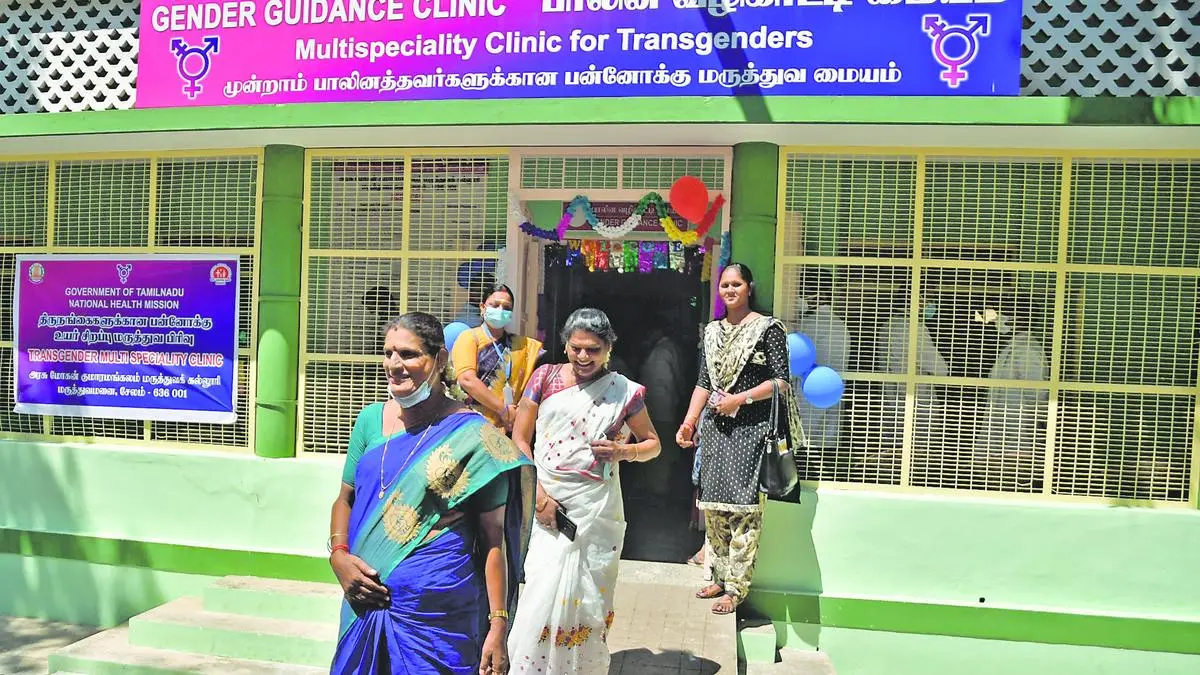Both sides of the spectrum are present in Tamil Nadu. The State is known for housing the renowned temple for aravanis, or transgender individuals, in Koovagam, Villupuram district. It serves as a gathering place for the trans community from all over the country to worship their deity. Additionally, in 2008, Rose Venkatesan became the first transgender woman in India to host a TV show called “Ippadikku Rose.” Following the 2016 NALSA ruling by the Supreme Court, which recognized trans people as the “third gender,” State governments were instructed to provide financial aid to transgender individuals and implement measures for their well-being. Tamil Nadu was the first to implement a monthly pension, subsidized bank loans, and the establishment of a Transgender Welfare Board, followed by Maharashtra and West Bengal.
In August 2021, tragedy struck when Divyadarshini, a transgender woman, was brutally murdered. Divyadarshini, a 17-year-old orphan from a village in Salem district, hid her gender dysphoria due to fear of ridicule and abuse. After being outed, she sought refuge in a transgender community in Chengalpattu, who took her in and gave her the name ‘Divyadarshini.’ However, because she was a minor, the police returned her to her birth family, where she was murdered within days. Her 25-year-old brother confessed to the crime, driven by shame towards her transgender identity. If she had been sent to a rehabilitation center or allowed to stay with the transgender community, she might still be alive today. Unfortunately, The Rights of Transgender Persons Act, 2019, does not recognize the transgender community as “family,” preventing trans minors from seeking refuge from abusive birth families.
In 2006, a transgender woman named Pandiammal set herself on fire in front of Chennai’s Vyasarpadi Police Station due to the constant sexual abuse she faced from policemen. Her death sparked public outrage and prompted the Tamil Nadu Police to take steps to sensitize their personnel on gender and sexuality. Police guidelines were amended to prohibit any harassment of the LGBTQIA+ community by uniformed service personnel. However, trans people continue to report harassment, arrests, and physical violence.
Despite Tamil Nadu’s historical acceptance of gender non-conformity, the prejudice against gender non-conforming individuals remains deeply ingrained in society. Discrimination, derision, bigotry, and homophobia are still prevalent. Open debates and discussions about queer issues began in the mid-80s, with activist groups working to raise awareness. Proactive judicial interventions have led to the implementation of inclusive welfare policies, job opportunities, and equal rights for LGBTQIA+ individuals in Tamil Nadu. The State became one of the first to officially recognize trans people as the “third gender” and allow them to use different forms for official purposes. Special health clinics were established to provide free sex reassignment surgeries and healthcare to transgender citizens. Despite these advancements, family rejection continues to haunt many transgender individuals, despite the changing perception of society towards them.

